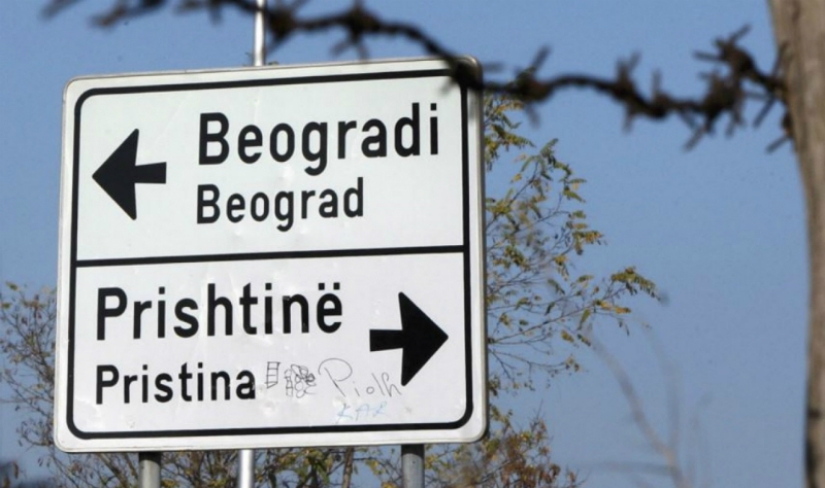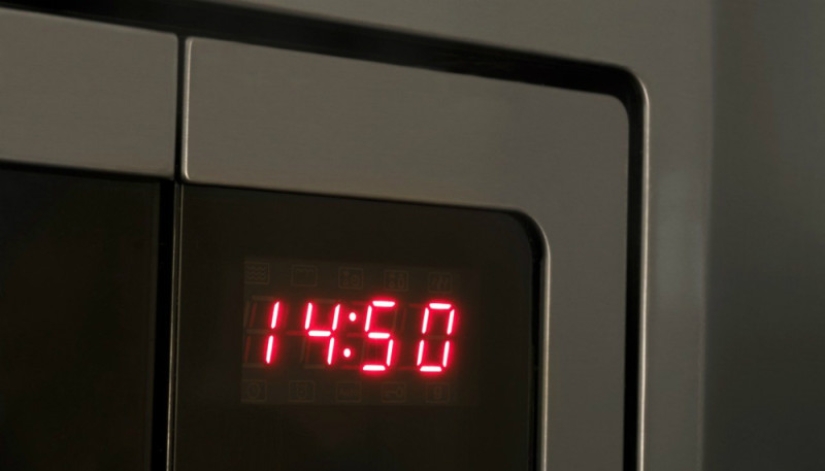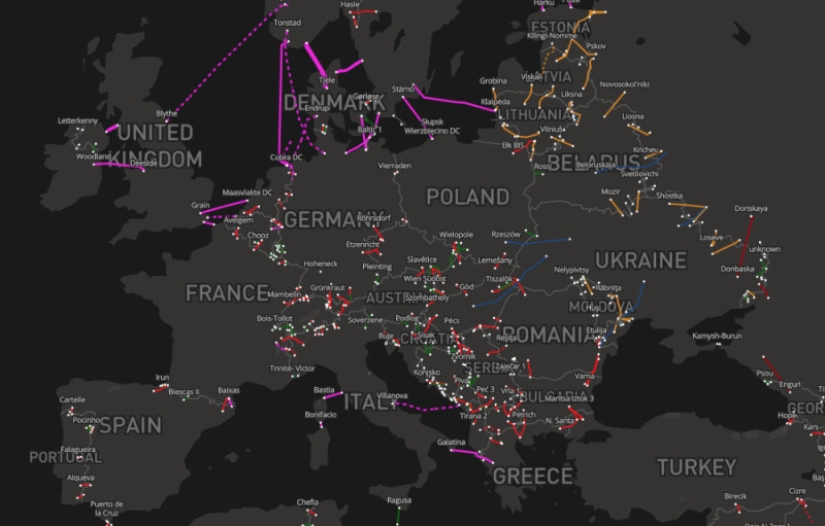Due to political differences, the clocks in microwaves across Europe began to lag by 5 minutes. How did it happen?
Residents of 25 European countries were surprised to find that the clocks in their household appliances, powered by electricity, began to go late from real time. For some strange reason, microwaves, radios and alarm clocks installed in homes from Portugal to Poland began to show the time with a delay of 5-6 minutes.
 Source: ENTSO-E
Source: ENTSO-E
It turns out that the whole point is that electricity in most European countries and in some adjacent states like Turkey is controlled from a single network, and a serious imbalance in the supply of energy from one of the local operators can lead to a change in frequency throughout the continental network.
Household appliances that are constantly working from the mains — the same microwaves — count the time using the frequency of alternating current coming from the grid, and thus the exact countdown on these devices depends on the indicator of 50 hertz. Unlike such devices, wristwatches count time using a built-in electromagnetic oscillator, which autonomously produces the desired frequency and therefore does not depend on changes in the power grid.

On March 3, the European network of power transmission system operators ENTSO-E announced that deviations had been observed in the power grid since mid-winter, which caused the average frequency to drop to 49.996 hertz instead of the required 50. And already on March 6, the agency's website said that a failure in admission occurred on the territory of Kosovo. It turns out that much more energy was used in Kosovo than was produced, and the Serbian government, responsible for maintaining the balance of the local grid, refused to fulfill its obligations. Thus, 113 gigawatt-hours of energy were lost.
The European Electricity Grid Agency believes that political differences between the governments of Kosovo and Serbia led to the failure. While ENTSO-E is exploring all the technical possibilities of solving the problem, the agency has turned to the EU countries for help, since political steps will be needed to resolve the conflict between the two countries in order to restore the necessary frequency.
 Connection map of network operators in Europe
Connection map of network operators in Europe
Keywords: Kosovo | Microwave oven | Serbia | Clock | Electricity | Electronics
Post News ArticleRecent articles

It's high time to admit that this whole hipster idea has gone too far. The concept has become so popular that even restaurants have ...

There is a perception that people only use 10% of their brain potential. But the heroes of our review, apparently, found a way to ...
Related articles

They say that the Russian well, the German death. It's possible that it works and Vice versa, but there are concepts that are ...

The phrase "the oldest serial killer in history" evokes associations with the scruffy cannibal grandfather from Lovecraft's short ...

Nikola Ciulic is a self-taught artist from Serbia. He has been seriously engaged in drawing for several years and has achieved ...

New Year's is a time to surprise and delight loved ones not only with gifts but also with a unique presentation of the holiday ...